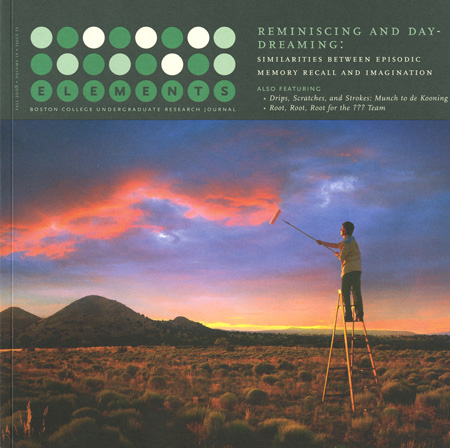Music as Mirror: Dante's Treatment of Music in the Divine Comedy
DOI:
https://doi.org/10.6017/eurj.v4i2.8891Keywords:
Fall 2008, humanities, music, EnglishAbstract
A time of great musical development, the fourteenth century is the perfect backdrop for the auditory allusions of Dante Alighieri's Divine Comedy. This article argues that Dante utilizes musical imagery as an essential component of his allegory. Influenced by both Christian thinkers and philosophers, Dante likely viewed scholastic music as an adjunct of religion. In the Divine Comedy, therefore, Dante presents auditory allusions as an inextricable factor of the protagonist's epic pilgrimage through Hell, Purgatory, and Heaven. Through a progression of anti-music in Inferno to human context in Purgatory to the music of the spheres in Paradise, this essay explores how the musical langauge of Dante's Divine Comedy conveys humanity's innate connection with God.Downloads
Published
2008-11-01
How to Cite
Aste, K. (2008). Music as Mirror: Dante’s Treatment of Music in the Divine Comedy. Elements, 4(2). https://doi.org/10.6017/eurj.v4i2.8891
Issue
Section
Articles
License
Copyright (c) 2015 Elements

This work is licensed under a Creative Commons Attribution 4.0 International License.

